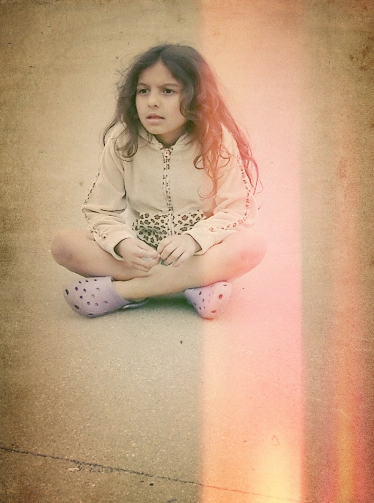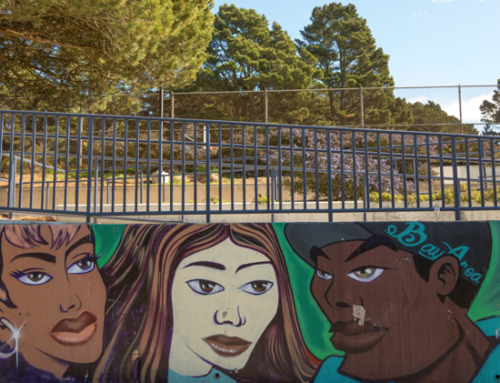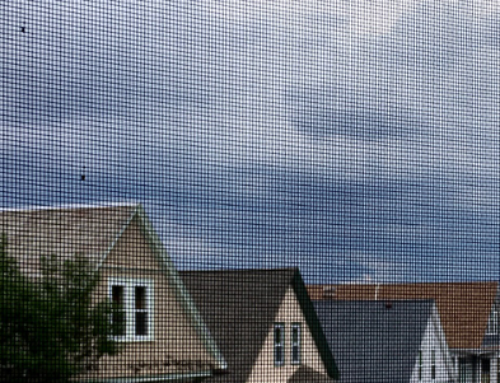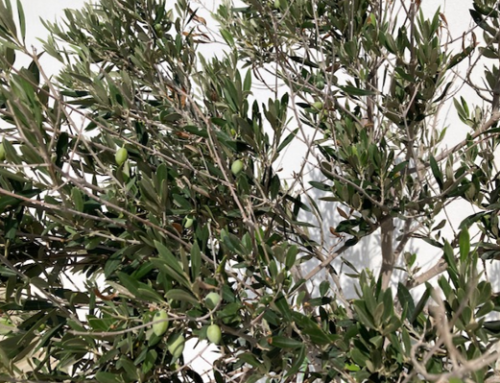“That’s not what the evidence suggests,” she will say. Or, “It has not always been that way.” Or, “You’re making that same logical fallacy again.”
She will say those things every day. They will send her to the principal’s office. Again. You’ll get a letter, eventually be called in to discuss it, and you’ll probably make it worse. You thought these fights had been fought. Then the pandemic hit, things got bad, and the powers-that-were took advantage of the crisis, as they always do. So, there she is, a few years from now, fighting those battles again. On that particular day, it will be about gender. The next day, nationalism. Or race. But it will be something, every single day. At first, it will energize her, the fight. You know that feeling. Eventually, though, it is exhausting. Infuriating. She shouldn’t have to spend her youth doing that.
You hate preparing her for it. Not because of the subject matter; you talk about things like this all the time. You hate it because you know what it is like to fight for these things, and you know the cost. You saw your parents and grandparents fight. You were spared for much of your life, but then it was your turn, too. Every day a new outrage. People reacted, and you’d see the crowds, sense the momentum in your favor, and feel the hope and excitement. It grew. More crowds, more momentum. Then, eventually, inevitably, you saw smaller crowds, less excitement, less hope, until . . . you gave up? You wore out?
You think about the future and the past, but you have to take care of the present.
You walk out to the garage with your daughter, still young enough to want to follow you around. Locked down as the virus surged again, she doesn’t have a lot of options. The first few months were not too bad. You worked from home, and life was slow and isolated, but relatively normal – like a long weekend that never ended. Then the pandemic took its toll. The college where you teach furloughed your position. Furloughed the whole department, actually. Unemployment dried up, and now you had almost nothing coming in. You have not paid any bills in a few months. They will show up and take the house, sooner or later. You know this. You stood out on the street with your neighbor and her kids when it happened to them. You saw her eyes, shifting and bleak as she looked into the future. You let them stay with you for a week, but you didn’t have much food or space, and one morning they left. You haven’t talked to the people who moved in two weeks later. One of them is a cop; that’s all you know.
You have to leave the city, like so many others. You know a place where they are hiring during the harvest, supposedly. In the worst case, the chicken farms always need people, although that is scary with outbreak after outbreak. They might still be cutting tobacco, but you can’t remember when that happens, exactly. Surely, somewhere, somebody needs something done. They won’t need a college course taught or a grant written, but you tell yourself that you can do all sorts of things. You did fieldwork across two continents. You speak three languages (although only a few thousand people speak the last one). You helped develop cutting-edge technology for your research, but you can also make rope from tree bark, or load a pack mule. You can navigate arcane bureaucracies, including academia. You can fix anything on an old Land Cruiser. You’ve survived diseases that most folks only read about in 19th century novels. You studied agriculture (well, agricultural systems), even if you’ve never really done it. You’ll lie about that part. Somehow, you thought you would have more options.

Photograph by author.
You are in the garage, looking through stuff from a life spent traveling. You find a backpack, and your daughter has the one she used for school. You find the trunk with your field equipment. You take the tent and canteens. You leave the little stove, as you have no fuel. You look at the Swiss army knife your parents gave you that you never used, and put it in the pack. You don’t have any sleeping bags. You always just used a sheet because you worked in the tropics. That will suffice here, too. It’s still warm. You take the camping cook set that you used for over a year, even after you moved back to town. You find a water bottle with stickers all over it, from a previous life. Somebody else’s life, it seems.
Are we going to camp, she asks? No, you say. Well, maybe. We might sleep in the tent. Not like going camping, though. She just looks at you. You never really went camping with her, so that distinction may not mean anything. You camped all the time while doing fieldwork, in villages with no other place for you to sleep, or while traveling. You came home and never really did that again. You took her out a few times to learn how to start a fire and build a shelter, but that was more like a survival course than camping. You started worrying about her future, even before the virus. Maybe those skills would come in handy, you thought. You practiced in the backyard a lot.
You walk back in the house and find a box of gear you bought when the pandemic first hit. Emergency blankets, a small radio, headlamps and batteries, a fire starter and tinder, that sort of stuff.
You pack all that and a change of clothes. You have a plastic bag with birth certificates and passports. You find the rice and some pasta you saved. You hide a bag of Skittles – you’ll surprise her when she’s feeling down. You keep it light, in case you have to walk.
You sit on the front porch, staring and thinking. What are you looking at, she asks. Nothing, really, you say. Really, nothing, you think. Your eyes quit focusing a while ago. You refocus when she speaks, and you see the street again.
We’ll leave tomorrow, you say. She nods, but doesn’t say anything. She looks away from you as if looking down the street. She is hiding the tears, like she has done for months now, worrying about you. You hide them from her, too.
Where are we going, she asks, still looking away. She has only ever lived here.
Out to that town with the farm we went to that time, you tell her. Remember? She nods.
Will we live on the farm? No, you say, but in that area.
She doesn’t ask any more questions. After a minute, she wipes her eyes with her sleeve and looks back towards you. I don’t care where we live, she says, trying to make you feel better. You nod. I know you don’t.
She holds her backpack. I guess we’re ready for anything, she says. You smile at her, but you know you are not. You need to prepare her for something much more difficult than starting a fire.
You think back. You thought this was temporary, and things would get back to normal. Better than before, you hoped. The pandemic laid bare a host of inequalities and exploitative systems. People would see that, and reject the authoritarian and regressive direction we had taken the last few years. They would demand change.
That did not happen.
Maybe you should have known better, you think. You study these things. People do not suddenly become progressive when times are tough. Just the opposite. You look at your daughter, holding her backpack.
People are going start looking for the reasons things got bad, you tell her. They will start blaming each other.
She is looking away, then turns and looks at you. Are they going to blame us? She knows the answer already.
Yes, you say. You do not mean to say it like that, so directly. It just came out, as if your mind wouldn’t sugarcoat it.
Not us, in particular, you continue. Not just us. You think about what to say next when she speaks.
People like us, she says. Anybody different.
Yes, that’s what I fear, you tell her.
You can see the future. It’s the past, reflected. Illiberal thinking, already strong, will gain strength, and the “decadent” years preceding the pandemic will provide the scapegoats. You were going to say more when she speaks.
Can’t we go live up in the mountains? We can camp and hunt and . . .
We can’t, you tell her. Too many are trying that, and there just isn’t enough food. Besides, that is not a life you want, is it? Holed up in the woods, by ourselves? We can’t just survive. We have to stay, and try to make things better. We have to help change things. We have to resist.
Resist, she repeats.
Resist.
Cite as: Begley, Christopher. 2020. “Prepping.” In “Post-Covid Fantasies,” Catherine Besteman, Heath Cabot, and Barak Kalir, editors, American Ethnologist website, 19 October 2020, [https://americanethnologist.org/panel/pages/features/pandemic-diaries/post-covid-fantasies/prepping/edit]
Chris Begley is a maritime archaeologist and anthropology professor at Transylvania University in Lexington, Kentucky, USA.




